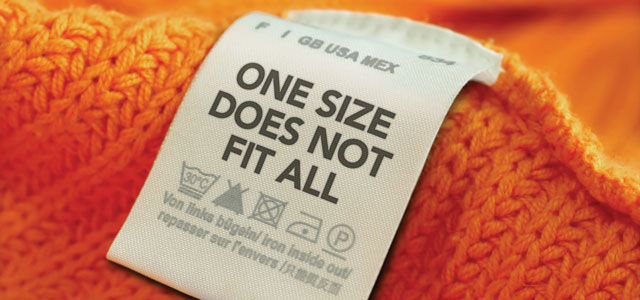By Dr Gabriela Gutierrez-Huerter O.
Globalisation has intensified calls for multi-national corporations (MNCs) to engage in social initiatives ranging from community outreach and environmental protection, to ethical business practices. Alongside the rise of CSR there has been a demand for the accountability and the transparency on CSR issues.
To report or not to report is no longer a question for MNCs
The latest KPMG corporate responsibility reporting survey shows that 92% of the largest world’s MNCs annually report information about their environmental and social impacts mainly through the publication of stand-alone CSR reports or as part of their annual reports following recognised reporting standards. The Global Reporting Initiative is widely regarded as the de factor standard of sustainability reporting for companies operating internationally. In order to prepare these accounts, MNCs’ head-offices transfer ‘technical’ knowledge (i.e. use of management information systems centralising the collection of data, calculation of KPIs) and ‘know-how’ knowledge (i.e. meaning of the data collected, the organisational implications of the data collected and how to respond to social and environmental issues) to their subsidiaries. As part of a collection of studies providing new perspectives on headquarters-subsidiary relationships in the context of the contemporary MNC, Jeremy Moon, Stefan Gold, Wendy Chapple and I investigate the mechanisms that enable the transfer social and environmental accountability and reporting (SEAR) knowledge across MNCs’ subsidiaries.
Quality over quantity and why sometimes it is the medium that matters
Similar to what one would expect in a classroom scenario, we argue that the benefit created from a knowledge flow does not reside on how much an organisational unit receives knowledge but rather on the means used to diffuse it that will trigger the capabilities to filter (i.e. exploratory learning), assimilate (i.e. transformative learning) and apply the transferred knowledge (exploitative learning). Some of the key findings of this research are:
- Social mechanisms such as communications, visits, and corporate socialization practices are significant predictors of the capability to assimilate ‘know-how’ knowledge.
- In the absence of face to face interaction and expatriate managers, experienced liaison personnel interpret the meaning of SEAR, enhance the credibility of the transfer and the potential to apply the transferred knowledge.
- Integration mechanisms and visits from the head-office (contingent on the time of the visit) can trigger the three learning processes (exploratory, transformative and exploitative) and dissipate the ‘top-down’ and ‘distant’ perceptions of the transfer
- The absence of financial incentives and lack of specification of performance criteria sends a signal to employees that SEAR was neither a ‘business priority’ nor ‘strategic’, contrary to the head-office’s intention to make SEAR a competitive advantage.
- Budget controls inhibit the way in which subsidiaries apply SEAR knowledge since subsidiaries are dependent on resources from the HQ
One-size fits all? Not in the transfer of CSR-related knowledge
Our findings thus suggest that head-offices aiming at increasing the learning processes of subsidiaries need to manage their foreign subsidiaries so as to stimulate the development of capabilities of recognition, assimilation and application through a mix of control, social and integration mechanisms that complement their repository stocks of knowledge.
The case study exposes the risks of MNCs’ ‘one-size fits all’ approaches in the transfer of knowledge and on the paradoxical role of the head-office which considered social and environmental accountability knowledge as ‘strategic” for the development of local competitive advantages to solve social and environmental dilemmas, but used inappropriate mechanisms limiting and damaging subsidiaries capabilities to identify, assimilate and exploit knowledge. In light of the increased standardization of CSR processes across MNCs, our study thus raises the question on whether the diffusion of knowledge underpinning ‘best practices’ is in fact triggering substantive change towards sustainability at the local level.
Dr Gabriela Gutierrez-Huerter O is Fellow in Management (CSR) at King’s College, London. Her research interests center on the cross-national transfer of CSR practices within MNCs and the determinants of subsidiary adaptation in the context of international acquisitions. Additionally, she has a keen interest in comparative CSR particularly in the study of the influence of national institutions on CSR practices.
Picture: primelearninggroup.com
